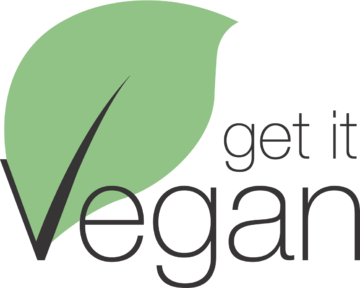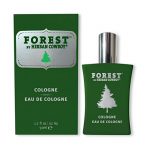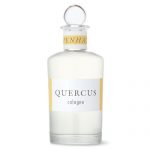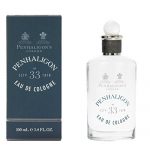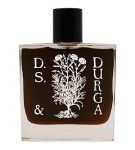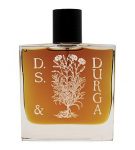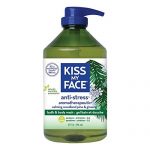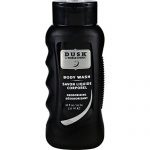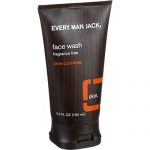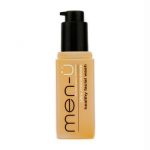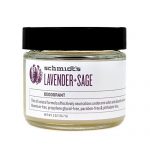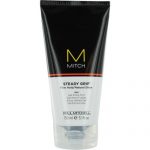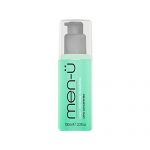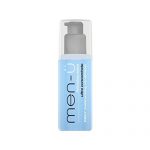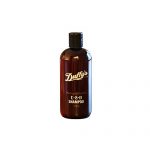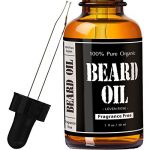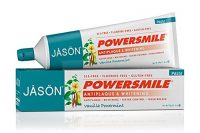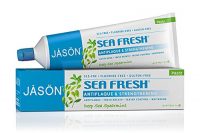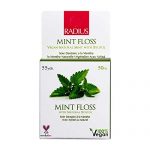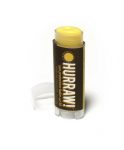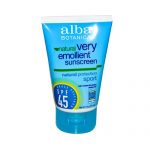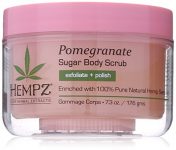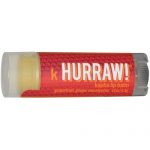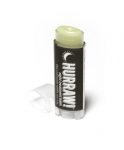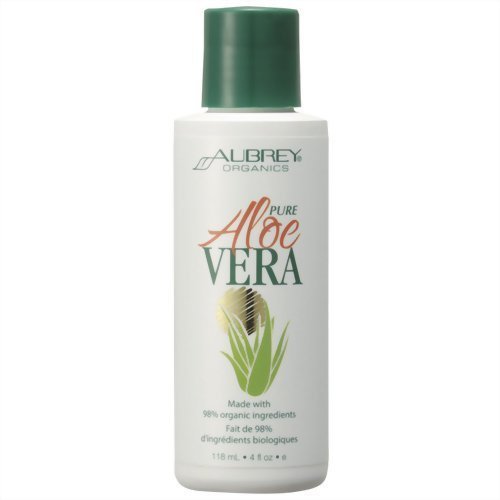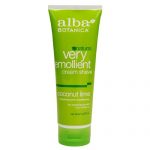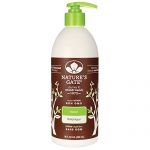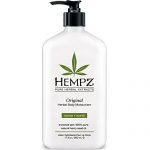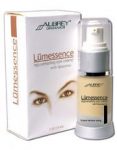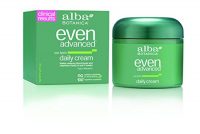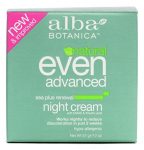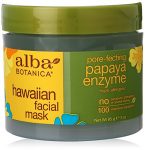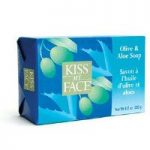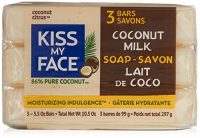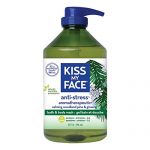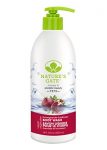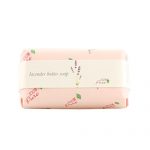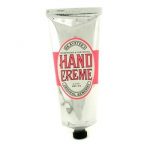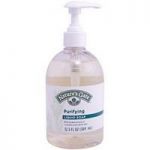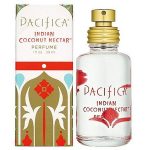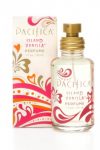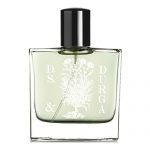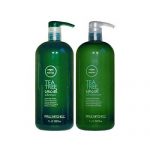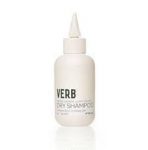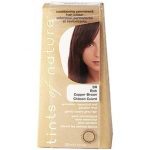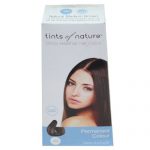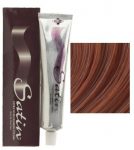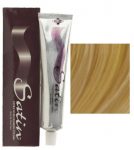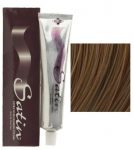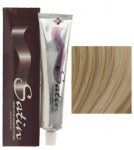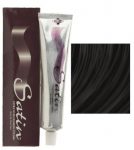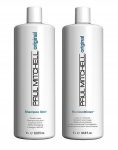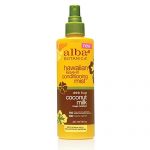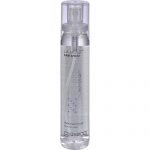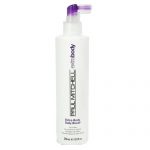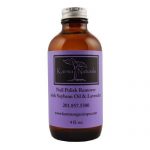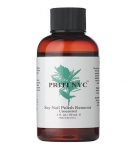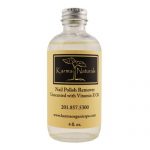Personal Care
From hand soap to cologne and perfume, all of the personal care and grooming products on our site are free of any animal-derived materials, ingredients and by-products. We even contact each company individually to double check.
Men's Personal Care
Women's Personal Care
What are vegan & cruelty-free personal care products?
The term “vegan”, with regard to personal care products, refers to products that don’t contain ingredients that are derived or sourced from animals or insects, whereas the term “cruelty-free” refers to products that are free animal testing, including the individual ingredients used in those products.
What animal ingredients are commonly found in personal care products?
Due to complex scientific names for ingredients, and insufficient regulations surrounding the labelling of personal care products, it’s not always easy to tell what animal-derived ingredients might be snuck into what you're buying.
Below is a quick overview of common animal-derived and sourced ingredients that are found in many non-vegan shampoos, deodorants, moisturizers, soaps and other personal care and hygienic products, as well as some common plant-based alternatives to these ingredients:
- Squalene: An oil that’s typically sourced from shark liver. Vegan alternatives to this grotesque ingredient include vegetable oils, such as olive, wheat germ or rice bran oil.
- Vitamin A: Often derived from fish liver oil, shark liver oil, egg yolk and butter. Vegan sources of Vitamin A include lemon grass and wheat germ oil, carrots, other vegetables, and synthetically produced Vitamin A.
- Biotin: Biotin is found in large quantities in milk and yeast. Fortunately, since it’s found in all living cells, there are many plant-based sources of this B vitamin as well, including carrots, onions, leafy greens, cabbage, and fresh berries, among others.
- Cetyl Alcohol: Commonly found in moisturizers, it's waxy substance that’s found in the spermaceti (head cavity) of whales, dolphins, and other beautiful cetaceans. Fortunately for those opposed to using animal by-products, it can also be derived from plant-based sources, such as coconut.
- Gelatin: Typically made by boiling discarded animal bones, skin, and ligaments. It gives products, such as hair gel, a thick and smooth texture. Vegan alternatives to gelatin include Irish moss (carageenan) and seaweed (agar, kelp, etc.).
- Hyaluronic Acid: A protein that attracts and retains water that acts as a moisturizer and lubricant in personal care products. It’s also typically taken from rooster combs. Fortunately, there are some animal-friendly sources of hyaluronic acid; it can be produced synthetically, and many foods, such as vegetables and soy, help us produce it naturally in our own bodies!
- Keratin: Found in animal hooves, feathers, horns, and hair, it promises to restore damaged hair, make hair stronger, and even keep curly or kinky hair straight. A vegan alternative to keratin, is, well, keratin! We produce keratin ourselves; it is one of the main constituents of human skin, hair, and nails. As another animal-friendly alternative, many brands use plant-based amino acids in place of keratin.
- Stearic Acid: A fatty substance, often taken from the stomachs of pigs, and sometimes even euthanized pets. Fortunately for animal lovers, and for the animals themselves, stearic acid can be found in many plant and vegetable fats, including coconut.
- Lanolin: A product of the oil glands of sheep, extracted from their wool. Used as an emollient in many skin and hair care products. Vegan and animal-friendly alternatives include plant and vegetable oils.
- Silk Protein: Derived from silk, which is Made by silkworms, silk protein is said to improve hair’s elasticity, and resiliency. Vegan alternatives include plant-based proteins such as corn, rice, soy and wheat.
- Honey: Food for bees, made by bees. Because of its antioxidant and humectant properties, honey is said to be great for dry or damaged skin when used in soaps and other products. Vegan alternatives to honey include various plant-based oils, such as almond oil.
What companies make animal-friendly personal care products?
The following companies make some variety of personal care products that are vegan & cruelty-free:
- a-England
- Aēsop
- AILA Cosmetics
- ATTITUDE
- Axiology
- Bare Bones Body Care
- Beauty Without Cruelty (BWC)
- Bedrock & Bloom
- Blissoma
- Booda Organics
- Bro Brick
- Certain Dri
- Commodity
- Crazy Rumors
- Crystal Body Deodorant
- D.S. & Durga
- das boom Industries
- Deco Miami
- Developlus (Satin; Splat)
- DeVita
- DI-VER-GENT (by I Am Selfcare)
- Dr. Dennis Gross
- Duffy’s Brew
- e.l.f. Cosmetics
- Earthly Body
- Ellovi
- Fairypants
- Forager Botanicals
- good DYE young
- Green Hare Mud
- Hello Products
- Hempz
- Henna Color Lab
- Herban Cowboy
- Herbivore Botanicals
- Honore de Pres
- Hurraw!
- Joshik Polish
- Nature’s Gate
- Schmidt’s
- Tom’s of Maine
…and many more to come! An ever-increasing amount of companies are starting to respond to the increased consumer demand for cruelty-free, vegan, and chemical-free shampoos, conditioners, hair colouring and styling products; more companies will be listed here as we find and contact them.
Why should I buy vegan/cruelty-free personal care products?
It comes down to this: voting with your dollars is one of the most unassuming, and at the same time one of the most effective forms of animal welfare activism. When you buy a vegan-friendly and cruelty-free personal care or hygienic product, you’re buying an animal-friendly product. Doing so helps to put an end to the perpetual cycle of paying companies to test the products that we use, on animals. Aside from that, some people just don’t want part of the the inside of a dolphin's head in their moisturizer.
What’s the big deal about animal by-products?
Contrary to popular belief, not every animal-by-product is a by-product of the meat or industry. Sadly enough, in many cases animals are killed specifically for their by-products. For example, a United Nations Food and Agriculture Organization report lists more than 50 shark species are fished for their oil, several of which are currently listed on the International Union for the Conservation of Nature's Red List.
Does buying vegan/cruelty-free hair care products make a difference for the animals?
When you buy vegan and cruelty-free beard oil, for example, you’re telling stores, manufacturers, and everyone in the supply chain that there’s a market for such items; companies will naturally respond to that demand by supplying products for consumers. The more consumers buying vegan and cruelty-free products, the greater the shift in the market will be. Conversely, this will erode the market share of products that test on animals and use animal-derived and sourced ingredients, ultimately resulting in less animals harmed and/or slaughtered for products.
Are vegan and cruelty-free personal care products expensive?
In general, vegan and cruelty-free soap, nail polish, fragrances, hair styling products, deodorants and moisturizers are not any more expensive, or any less-expensive, than products that contain animal/insect derived ingredients, or that have been tested on animals.
Just like products that use animal ingredients and testing, the prices of products that don’t can vary based on differences in the quality and the availability of the ingredients used, differences in the manufacturing processes employed, different brand names behind them, and various other factors.
I’ve just turned vegan, should I get rid of my old non-vegan personal care products?
Deciding on how to deal with your old non-vegan (and non-cruelty-free) products is without a doubt one of the more challenging aspects of adopting a vegan lifestyle (or adopting a vegan!). There really is no right or wrong answer for this question; ultimately, it comes down to what you’re no longer comfortable using, which old products you can afford to replace immediately with vegan/cruelty-free products, and what you feel can be given away in a hygienic manner. Your best options might be to give away any unused or gently used products to friends and family, or to use products (if you’re comfortable doing so) until they have run out or otherwise outlived their usefulness. Simply throwing them away is generally considered wasteful, and we would recommend turning to that only as a last resort.
How do you choose which products to list in your store?
We maintain a growing list of companies that make women’s personal care and hygienic products that are rumoured to be vegan-friendly and cruelty-free. We contact all of these companies to find out straight from them if they abide by specific cruelty-free practices, including:
- Not testing their final products or ingredients on animals
- Not paying someone else to test ingredients or final products on animals for them
- Not using ingredients that are tested on animals
- Not selling their products in countries wherein animal testing is required by law, such as mainland China
Products made by companies that abide by these guidelines and exclude animal and insect-derived ingredients, and are sold on Amazon, are listed here for your shopping convenience.
Similar product categories
If you’ve found this page on vegan and cruelty-free personal care products helpful, check out similar product categories to learn or shop more:
- Men’s Personal Care Products
- Women’s Personal Care Products
- Men’s Accessories
- Women’s Accessories
- Makeup
For companies that make vegan & cruelty-free personal care products
If you make vegan and cruelty-free cologne, perfume, soap, shave cream, shampoo, lip balm, or any other personal care or hygienic product for that matter, we’d love to feature you and your products on the “Brands We Love” section of our site! Contact us at - info(at)getitvegan(dot)com - to get started!
Sources
Some of the information for this mini guide on vegan personal care products was gathered from the following sources:
- Skin Care Myths: “13 Animal Products in Cosmetics.” Lorraine Dallmeier (n.d.). Herb & Hedge Row. Retrieved April 21, 2017. http://www.herbhedgerow.co.uk/animal-products-in-cosmetics/
- Articles: “Is My Shampoo Vegan? A Guide to Vegan Hair Products.” (June. 11, 2013). The Vegan Woman. Retrieved April 22, 2017. http://www.theveganwoman.com/is-my-shampoo-vegan-a-guide-to-vegan-hair-products/
- Shark Feed: “There’s Shark in Your Lipstick: Everything You Need to Know about Shark Liver Oil.” Danny Clemens (July 3, 2015). Disocvery. Retrieved April 21, 2017. http://www.discovery.com/tv-shows/shark-week/shark-feed/theres-shark-in-your-lipstick-everything-you-need-to-know-about-shark-liver-oil/
- Animal Writes: “Animal Rendering Products In More Places Than You Think.” Renea Mohammed (n.d.). Resne.com via The Vancouver Humane Society Newsletter. Retrieved April 22, 2017. http://www.rense.com/general39/animal.htm
- Articles: “All About Different Types of Proteins in Hair Products.” Nikisha Brunson (March, 2015)). Urban Bush Babes website. Retrieved June 6, 2017. http://urbanbushbabes.com/all-about-different-types-of-proteins/
- Articles: “Vegetarian Alternatives To Collagen Supplements.” (July. 30, 2016). WayfaringRachel.com. Retrieved April 22, 2017. http://wayfaringrachel.com/vegetarian-collagen/
- Health: “What animal products are used in moisturizers?” Caitlin Uttley (August 20,2009). HowStuffWorks.com. Retrieved April 22, 2017. http://health.howstuffworks.com/skin-care/moisturizing/products/what-animal-products-are-used-in-moisturizers.htm
